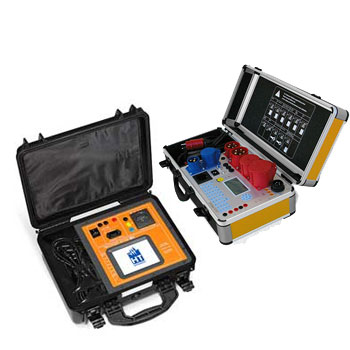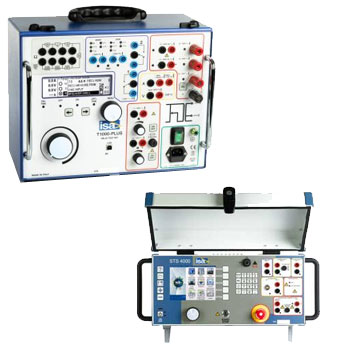
Compressed air is one of the most expensive forms of energy. Conscientious use of compressed air can bring enormous savings potential. However, if there are leaks, compressed air escapes, leading to additional costs. According to the Fraunhofer Institute, reducing the leakage rate has the highest savings potential in compressed air generation.
|
42% Finding and eliminating leaks |
|
26% Other measures |
|
12% Designing the pneumatic system including overpressure piping network |
|
10% Compressors with variable motor speed |
|
10% Heat recovery |
*Fraunhofer Institute – Savings potential in compressed air generation
For example, if water escapes from a water pipe, it is usually easily visible and the leak can be fixed. With compressed air, it is not so simple. You might hear it in a quiet environment, if there is a large leak, by a hissing sound, but this ideal case is rare in industry.
There are two popular methods for detecting compressed air leaks. One can use a leak detection spray, or a leak detection device that measures using ultrasound.
Possible Causes of Leaks
Leaks refer to weak points in a compressed air network. They usually occur at connections between individual elements. Improper installation or wear can cause damage that leads to a leak. Possible causes are:
- Leaky couplings and hose clamps
- Leaky screw and flange seals
- Porous/defective hoses
- Porous/defective seals of tools and machines
- Faulty condensate drains
- Leaky or improperly installed dryer, filter, maintenance units
Leak Detection Spray
A leak detection spray works very simply. You spray a pressurized liquid on a potential leak. If air bubbles form on the liquid, you have found a leak.
|
Advantages |
Disadvantages |
|
Detects even the smallest leaks |
Not suitable for processes with high hygiene requirements |
|
Precise location |
Can only check point by point, therefore very time-consuming for larger systems |
|
Very inexpensive (approx. €5) |
Cannot quantify the leak |
Leak Detection Device ILD500
If air escapes from the leak opening, the escaping compressed air rubs against the rough opening. This friction generates ultrasound from a pressure of 0.3 bar. This ultrasound is detected by an ultrasound transducer at 40 kHz.
|
Advantages |
Disadvantages |
|
Can be located from a relatively long distance |
Ultrasound interference noise in a similar frequency range from motors, pumps, etc., can occur |
|
Quantification is possible |
|
|
Leak size recognizable by sound level |
|
What Remedies Are There for Ultrasound Interference Noise?
- Perform the leak detection during production downtime to exclude unwanted ultrasound signals, such as from pneumatic cylinders and valves.
- By shielding with a plate or foil, the ultrasound signals can be partially isolated.
- By using a parabolic mirror, only targeted signals are perceived. This allows even the smallest leaks to be detected from 10 to 15 meters away.
- Find the smallest leaks even at great distances
- Find out your leakage size (l/min or cfm) and potential saving (currency/ year)
- Automatic laser distance measurement for a more reliable cost calculation
- Auto level: adapts the sensitivity automatically to the environment and eliminates the background noise reliably (0 dB to 120 dB bandwidth)
- Photograph leaking parts
- Describe each leak and the necessary actions via the built-in touchscreen
- Transmit the leak details via USB to your desktop software
- Create an ISO 50001 report
- Seek the leak the whole day (9 hours battery life)
- Additional sensor input for CS Instruments and 3rd party sensors (ILD 510 only)
 Datasheet Datasheet
|
 User Manual User Manual
|
 User Manual User Manual
|
- Robustness and low weight ensure fa- tigue-free use in industrial environments
- Improved detection of leakages with the acoustic trumpet
- Modern Li-Ion battery with high capacity, external charger
- Minimum operating time 10 h
- Easy operation via membrane keypad
- Adjustable sensitivity
 Datasheet Datasheet
|
 User Manual User Manual
|












































































































































































